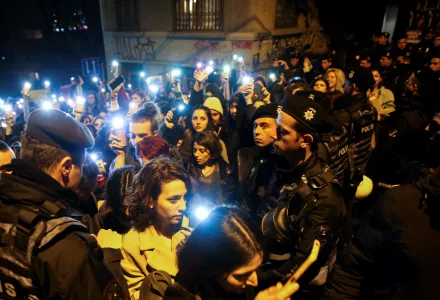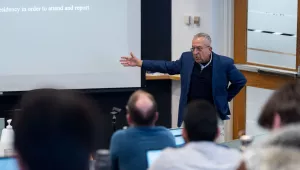
Human rights abuse tends to increase during national crises, such as civil wars and mass nonviolent uprisings. Under what conditions does this abuse abate or persist? I argue that violent challenges provoke much more coercive state responses, exposing more personnel within the security forces to extreme forms of repression and priming them (both leaders and followers) to reproduce these behaviors after the conflict has terminated. This effect is mitigated or avoided when challengers rely on nonviolent tactics instead of violence, leading to less post-conflict abuse. I test this argument with several quantitative methods, which establish a positive association between nonviolent resistance campaigns and subsequent freedom from political killings. Results also suggest that democratization can partially — but not fully — counteract the repressive legacies of violent conflict. By choosing to specialize in nonviolent tactics, therefore, resistance leaders avoid a repression trap that not even democratization can fully disarm.
Shay, Christopher Wiley . "Swords into Ploughshares? Why Human Rights Abuses Persist after Resistance Campaigns." Journal of Peace Research, vol. 60. no. 1. (2023): 141–156.
The full text of this publication is available via Journal of Peace Research.





